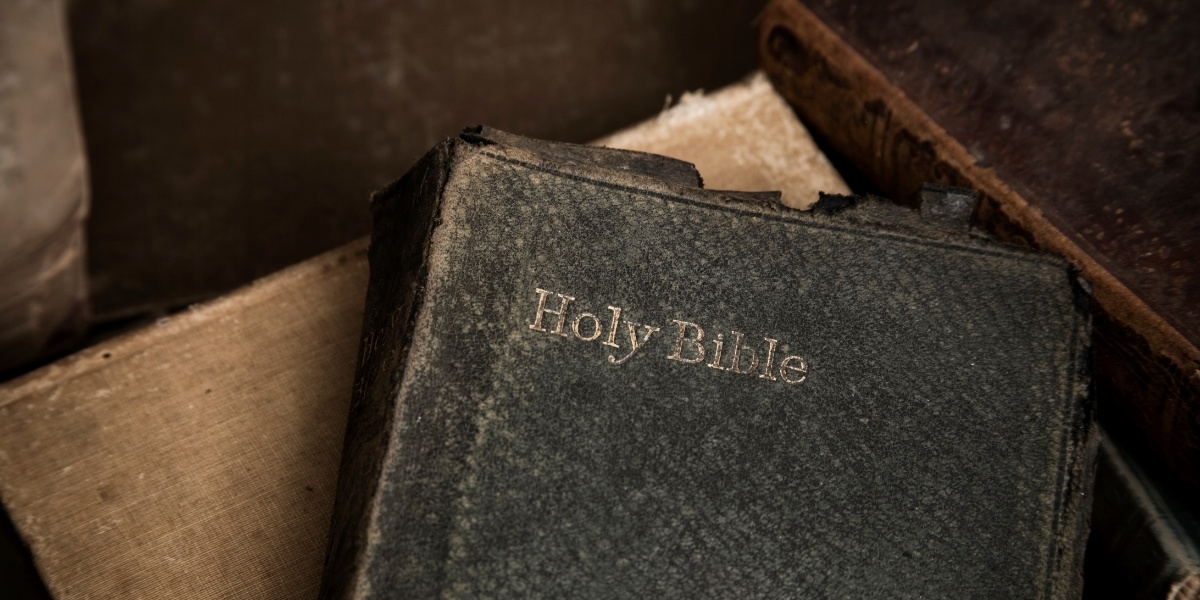Was America Founded a “Christian” Nation?
Share
By Hillsdale College Online Courses June 24, 2015
Before answering this question, we must ask ourselves another one: by what measure is a nation called “Christian?” If the criteria is the presence or lack of biblical or religious language in its founding documents, America is sometimes Christian and sometimes not. If instead the self-identification of the majority of citizens defines a nation as “Christian,” then America has always been a Christian nation as opposed to a Jewish or Muslim one. Dr. Mark Kalthoff, however, suggests that it doesn’t necessarily matter, for one important reason. Watch the video to learn more.
The following video is a clip from Q&A 2 of Hillsdale’s Online Course: “American Heritage,” featuring Mark A. Kalthoff, Professor and Chairman of the History Department, and John J. Miller, Director of the Dow Journalism Program.
Transcript:
John J. Miller:
Now, this is the most popular subject for debate on the discussion board. Let me boil it down to a simple question. Is America a Christian nation?
Mark Kalthoff:
Well, that's a hot question. In fact, it's so hot that I finally consented, in this semester here on campus with my students, [to teach] a seminar entitled, "Was the United States Founded as a Christian Nation?" If we had time to do a whole course, I probably could fill that up, so that I can't say too much. The real first question is, "What would it mean for us to be a Christian nation?" It seems to me that how we answer that question determines whether we would answer yes or no. For example, first we might ask, is there specifically biblical, religious, or Christian language in particular seminal documents, such as the Declaration or the Constitution or certain proclamations from the Continental Congresses or certain important ordinances?
If we go with that, we would say, "Well, sometimes. The Constitution, other than ‘year of our Lord’ doesn't mention God." In fact, there's a book called The Godless Constitution. The Declaration of Independence mentions God four times. The Northwest Ordinance article 3 begins with the language; “religion, morality, and knowledge being necessary to good government and the happiness of mankind, schools and the means of education shall forever be encouraged.” There seems to be an explicit statement about the link between religion, knowledge, and good government. There were fast days and Thanksgiving Day proclamations twice a year by the Continental Congress during the founding period. Some of these documents indicate a Christian emphasis. Some don't.
On the other hand, we might ask, what about formal ties between institutional government and the church, a theocracy or established religion? In that case, no, America was not founded as a theocracy and we know that the first amendment at least limited, on the national level, Congress from doing what? Making any law respecting an establishment of religion. No formally respected church support from the national government. The simplest way in which many people argue this is [that] they ask about the beliefs, the character, or the personal self-identification of most Americans, and it turns out if you could reach back through time and ask a typical American in the late 18th century how they self identified religiously, they would say, "I'm a Christian."
In that sense, we were a Christian nation more than we would be self-identified as a Jewish, or Muslim, or pick your other religion. The more important question, really, [is] how would saying “yes” matter? It turns out, an interesting fact of American history is that up until about the 1960s or '70s, almost all Americans on all sides of the political spectrum identified themselves as living in a Christian nation. The question wasn't whether Americans thought they lived in a Christian nation, it was what were the implications of that and it turned out people on both sides of the political spectrum argued that because we're a Christian nation, their policy should come in place.
There were southerners who were ready to secede from the north because the north was full of atheist infidels because the north didn't have a constitution that mentioned God and many southerners were proud, during the Civil War, of the fact that the southern constitution did. Of course, many northern abolitionists linked their abolitionism to their Christian confession while southern slaveholders often defended their slavery by appealing to the Bible. That's just one episode, but it turns out every generation has that kind of idea.

